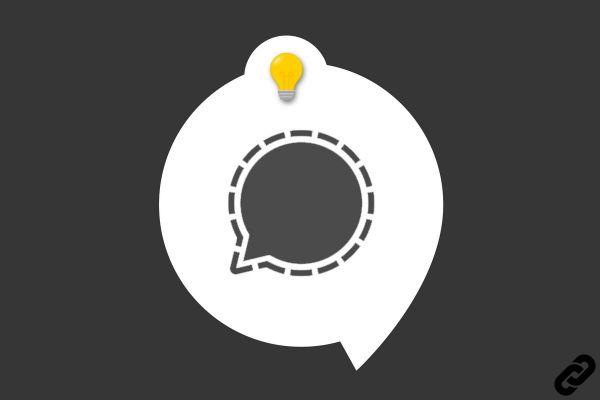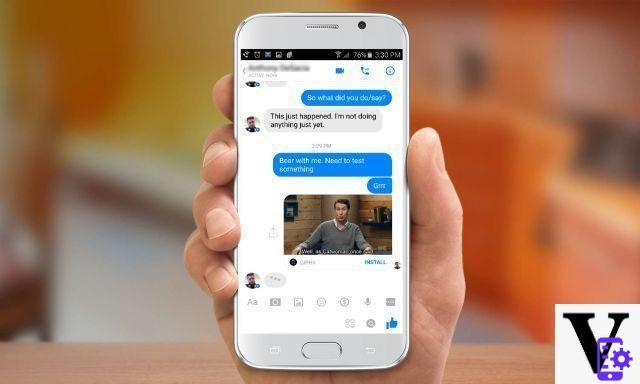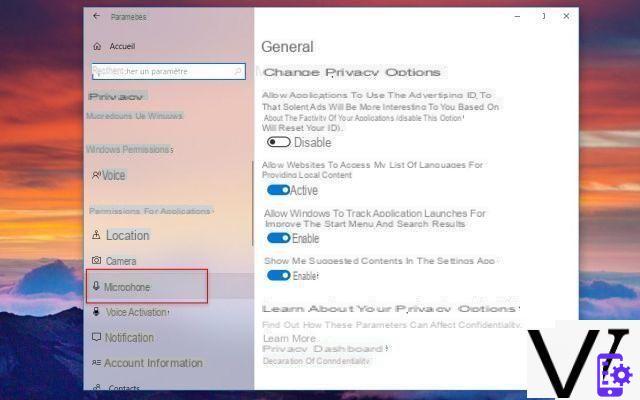Those who intend to delay should also know that even if Microsoft has discontinued support anti-malware updates will continue until 2015. Microsoft will continue to update Windows XP's Malicious Software Removal Tool (MSRT) for another year to clean up systems that become infected with malware. The only caution to take is to keep automatic updates active, because MSRT automatically installs itself on all computers that have updates enabled, and although it is not an antivirus, it is a utility capable of eliminating malware.
Security Essentials per Windows XP
Always remaining in the antivirus field, Microsoft will also update Security Essentials for Windows XP until July 14, 2015. It is a real antivirus, so it is a protection that we recommend to those who have an old PC to protect themselves from risks.
As we know, most viruses pass through the web. To navigate on old systems it will therefore be better to use Chrome per Windows XP, which will be updated at least until April 2015, or alternatively Firefox for Windows XP.
Claudia Bonatti, director of Microsoft's Windows division city, also gives some advice to those who still use XP. "While waiting for the update it is necessary try to avoid risks. Obviously not connecting PCs to the Internet would be the safest solution, but drastic and a little too strong. At first, which is also the most trivial, it is of download all XP updates, including those released today, in order to realign themselves to the latest state of the art ".
Secondly, Bonatti recommends "certainly the use of antivirus, which does not eliminate all risks but can still reduce the impact of some types of attacks. Browse the Internet with caution, that is, avoiding the sites most at risk ".
"The other important point is to understand what use do you make of the machine with XP: if you use it only to read the newspaper online, make few changes to non-critical documents of which you have copies in the cloud or on external media, the risks are few if your PC crashes. If, on the other hand, the same PC is usedhome banking, if you have the company accounting or they are archived sensitive data like the employee registry, you should be very, very careful. In this case it is best to evaluate transfer your most sensitive activities to an updated computer and keep the PCs with XP exclusively for those applications or functions for which the migration process takes longer but without involving risks ". Finally,"attention to e-mail management and to filter messages that are ambiguous or from unknown users ".
As for the transition to Windows 7 or Windows 8, Bonatti confirms that downgrading is only possible for products starting from Windows 8.1 Pro or for multi-license agreements. Bonatti, however, urges us to consider that Windows 7 is already 5 years old, which means finding yourself in the same end-of-support situation in a short time. Moreover, with the latest update of Windows 8.1 the problem of the interface no longer arises. Enough to make you reconsider your position?
Windows XP: End of Support Survival Guide

























